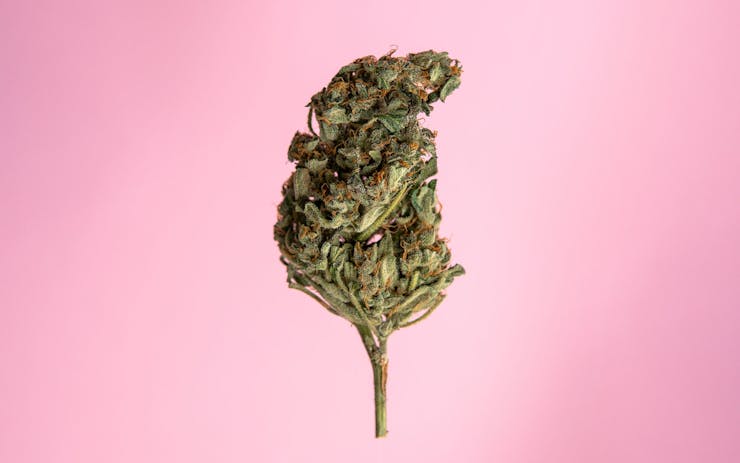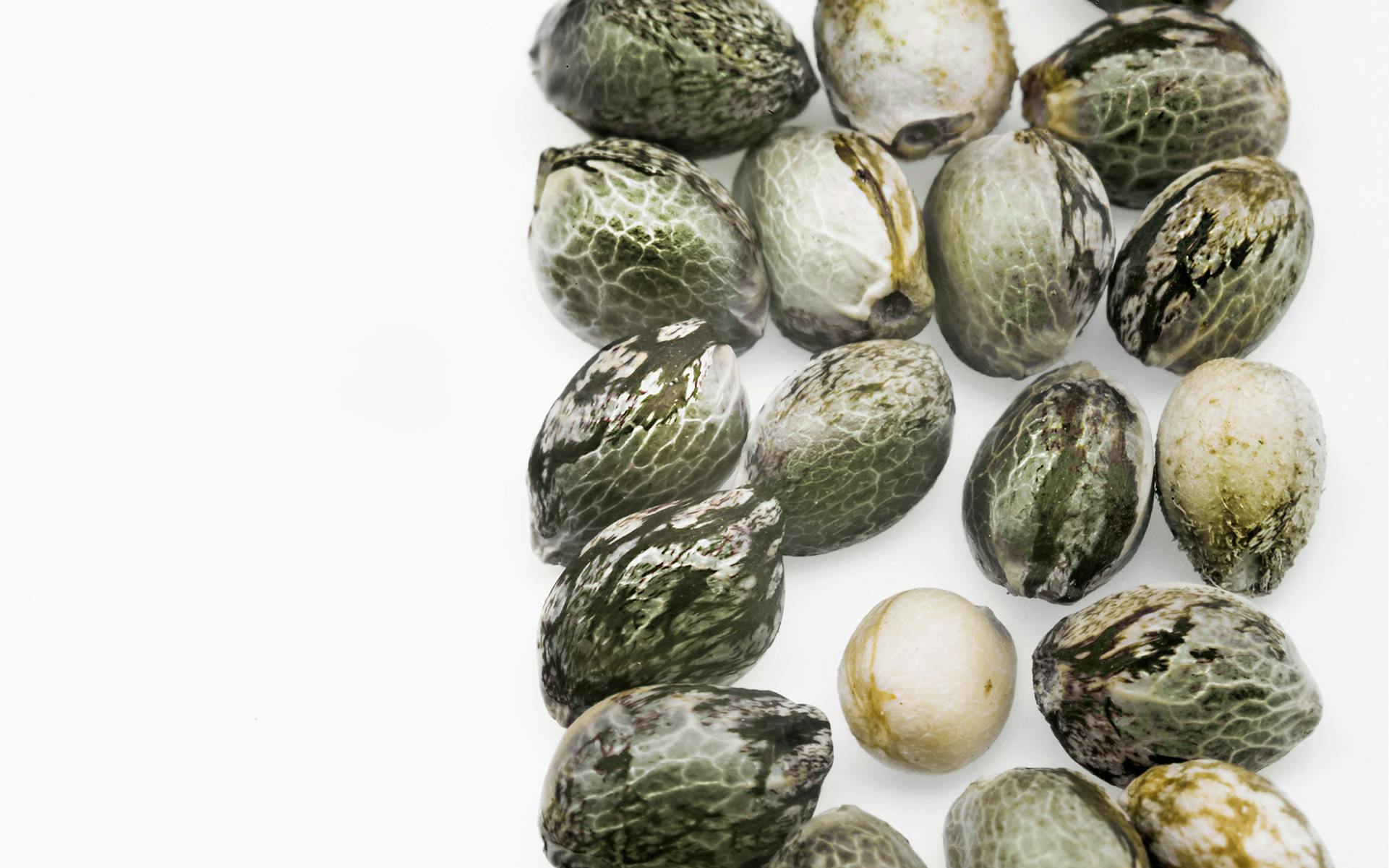Maybe you’re thinking of growing your own weed—perhaps you already do—and you’re all too familiar with weed’s long growing season. After sprouting seeds in spring (or getting clones into the ground in early summer), the plant grows bushier and bushier until it begins to flower. Flowering itself takes about two months, depending on the variety, and finally your crop is ready to harvest.
All told, growing weed can be a many-months-long affair. Autoflowering varieties change all that, not being dependent on the waning daylight to initiate flowering, and they can be ready in as little as 60 days. Too good to be true? Read on.
What is autoflowering cannabis?
Whether it’s a separate species, subspecies, or just a distinct population (no one seems to agree), autoflowering weed, a.k.a. Cannabis ruderalis, or just ruderalis, behaves much differently from its sativa and indica cousins. While all other varieties of weed are photoperiod sensitive—meaning flowering is triggered as the sun goes down as fall approaches—ruderalis starts to form buds after a certain amount of time, independent of sunlight.
Thought to have evolved in the super harsh, super short growing seasons of Siberia, ruderalis is tough. It’s short (maxing out around 2 feet tall), thick-stemmed, and gets itself from seedling to flower quickly, since its goal is reproduction before getting decimated by cold. Somewhere in its evolution, ruderalis seems to have lost its photoperiod sensitivity. Flowering is triggered by an amount of time passing, not by waning sunlight. Hence the term autoflowering.
Why has it been overlooked?
Why aren’t we all cultivating super quick growing weed? Well, simply put, it’s crap to smoke. On its own, a ruderalis variety is low in yield, terpenes, cannabinoids, and potency.
Why is it coming back into favor?
Turns out that crossbreeding the autoflowering component of a ruderalis variety into the deliciousness of a high-terpene, high-cannabinoid, high-yielding variety is easier than expected. With a few generations of careful selection by a savvy breeder, you can get a dank variety—sticky and smelly, high-yielding and potent—that flowers quickly, independent of light. Some examples are Bubba Cheese Auto, Sensi Skunk Auto, and Early Miss.
Who should grow it?
Obviously, autoflowering is majorly appealing to professional growers who need to maximize the amount of harvests they can bang out. But does this make sense for your home garden? Potentially!
For one thing, autoflowering varieties are still somewhat smaller than their photoperiod-sensitive buddies, making them a great choice if you’ve got nosy neighbors, want to skip elaborate trellising, or are otherwise interested in a more compact plant.
Additionally, these varieties are fast. They’ll go from seed to harvest in 60 to 90 days. So if you’re looking to try out this weed thing without devoting your whole spring, summer, and fall to it, then give autoflowering a go.
A word to the wise: be picky when choosing an autoflowering variety. Buy seeds from a reputable source with transparent breeding practices. You’re not looking for a straight ruderalis—you want a stabilized autoflowering variety that’s a mix of ruderalis with a tastier variety. Good luck!







